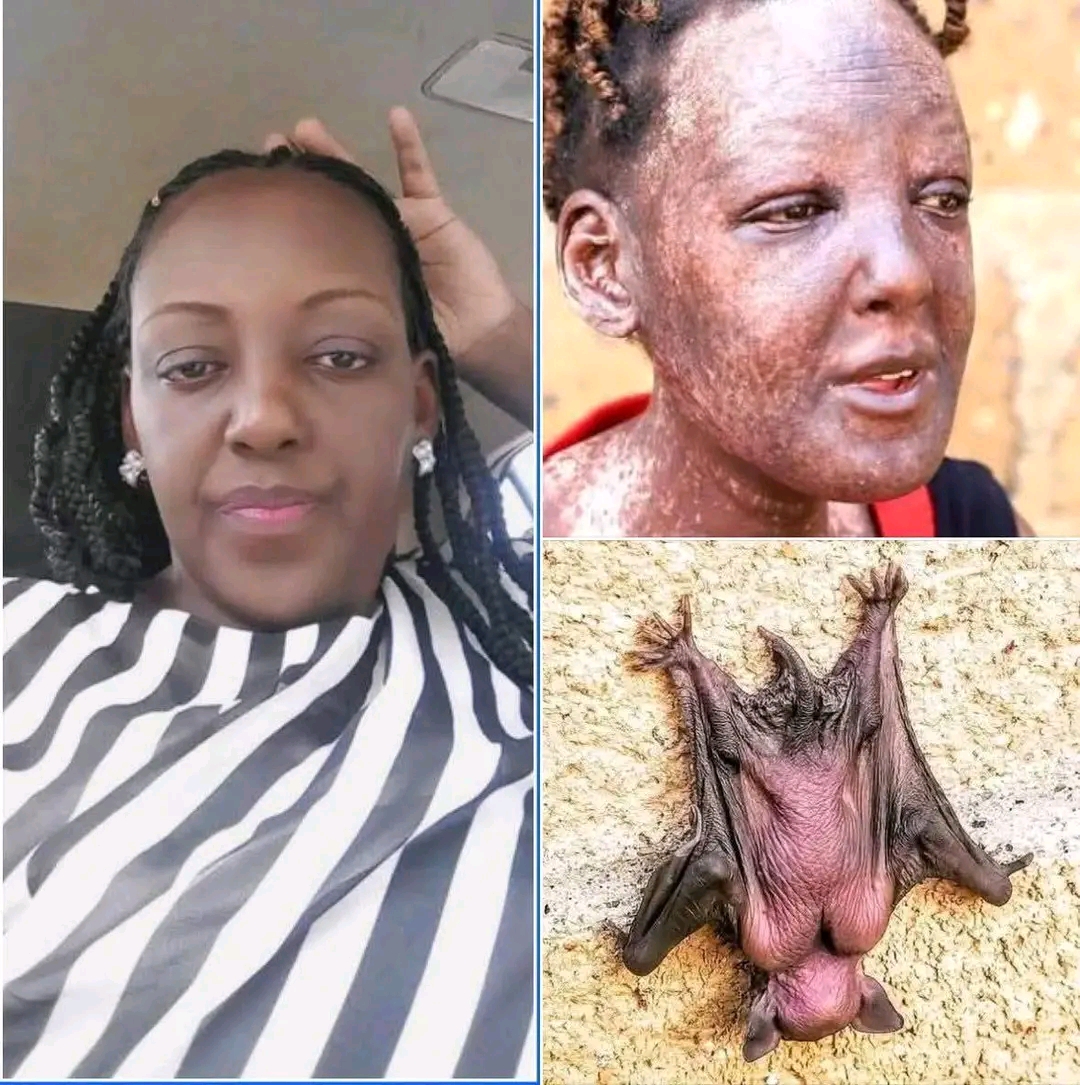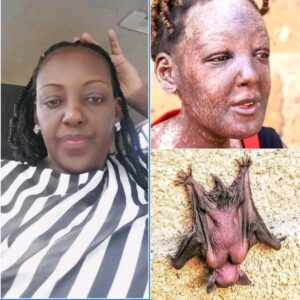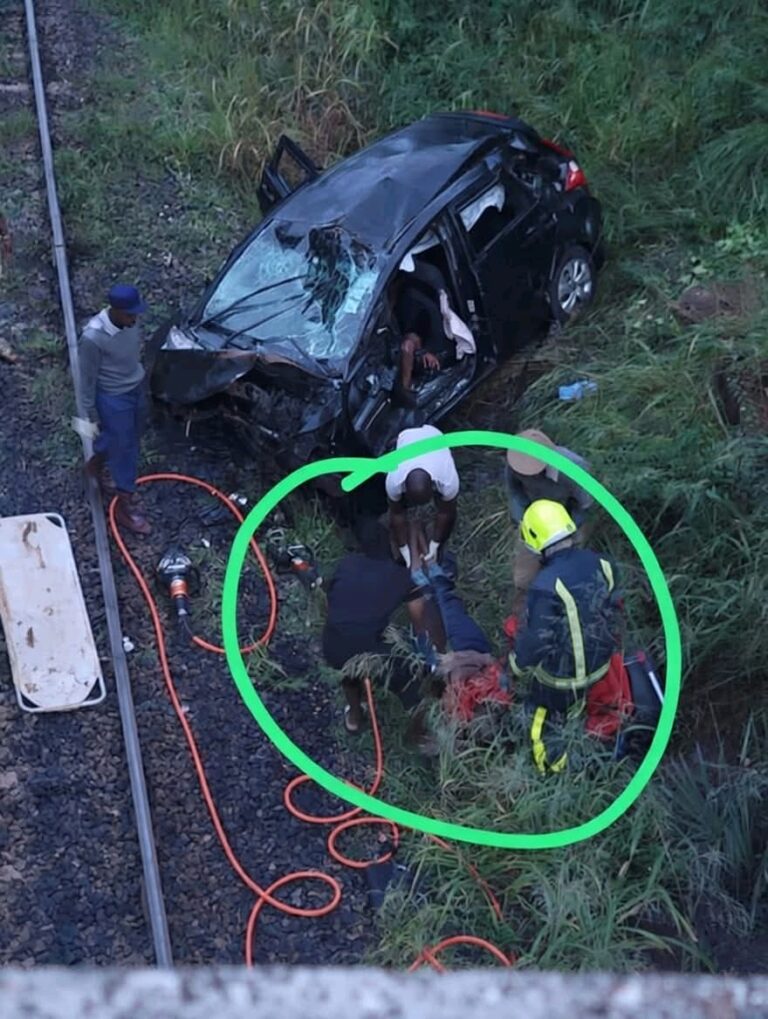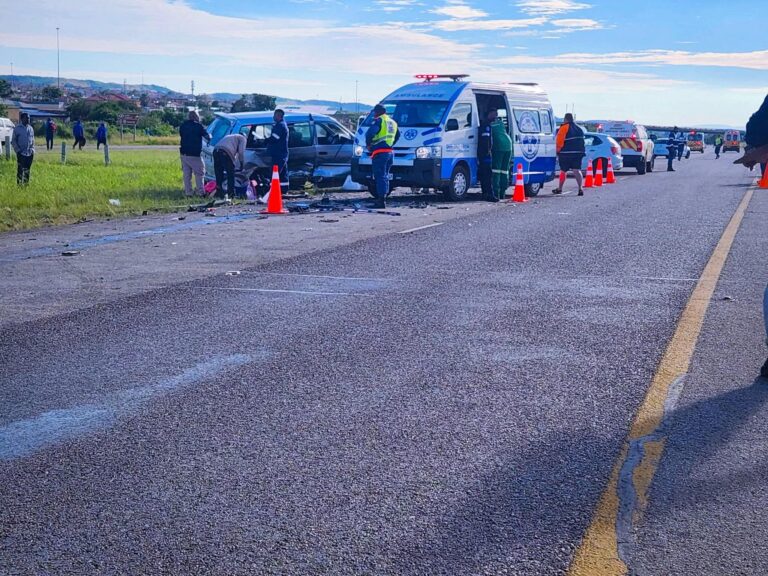
When 33-year-old Natalie Sibanda left Zimbabwe for the United Kingdom earlier this year, she never imagined that a family visit would leave her with unanswered questions and a battle that crosses between science and spirituality. The Birmingham-based nurse claims she was attacked in December 2024 by what locals in Mhondoro describe as a lemma lemma—a feared spiritual entity believed in traditional folklore to torment its victims in their sleep.

A Night of Terror in Mhondoro
Natalie had been staying at her grandmother’s rural home during the festive season when the alleged attack occurred. She recalls waking up suddenly in the middle of the night, her body completely paralyzed. A burning sensation spread across her skin, leaving her terrified and helpless. Her piercing screams drew her family members, who rushed into the room only to find her covered in unexplained scratches.
To the elders of the community, the incident was clear evidence of a spiritual assault. They attributed it to a lemma lemma, a malevolent force often spoken of in Zimbabwean traditional beliefs. Yet for Natalie, who is trained in modern medicine, the experience presented a conflict she still cannot resolve.
Science Versus Spiritual Belief
Doctors who later assessed her symptoms suggested she may have experienced sleep paralysis, a condition where an individual wakes up but remains temporarily unable to move. However, sleep paralysis does not explain the deep scratches or the intense burning pain she reported.
“I know what I felt,” Natalie explained. “It wasn’t just a dream. Something touched me, and I still don’t understand what happened.”
Her continued health struggles have made the ordeal even more distressing. Since returning to the UK, she suffers from frequent nightmares, fatigue, and emotional stress. Despite undergoing medical examinations, no definitive diagnosis has been given.
Seeking Relief Across Worlds
Out of desperation, Natalie has sought help from both medical specialists and spiritual healers. Doctors have prescribed medication for her insomnia and anxiety, while traditional healers in Zimbabwe advised cleansing rituals to rid her of the lingering spirit. Neither approach has brought her the full relief she longs for.
Her story has captured the attention of Zimbabweans both at home and abroad, sparking discussions about how cultural beliefs intersect—and sometimes clash—with modern medical science. For some, Natalie’s case is proof that traditional spirituality continues to hold significance in people’s lives, even for those who have migrated to countries with advanced healthcare systems. For others, it highlights the urgent need to better understand conditions like sleep paralysis within African communities.
A Struggle That Continues
For Natalie, the incident remains a deeply personal struggle. She insists that she is not chasing publicity but simply searching for healing and answers. “It’s not about choosing between medicine and tradition,” she says. “I just want to feel whole again.”
As her journey continues, her story stands as a powerful reminder of the fragile line between the physical and spiritual, the scientific and the cultural. It also raises broader questions about how individuals caught between two worlds can find balance and understanding in times of crisis.




